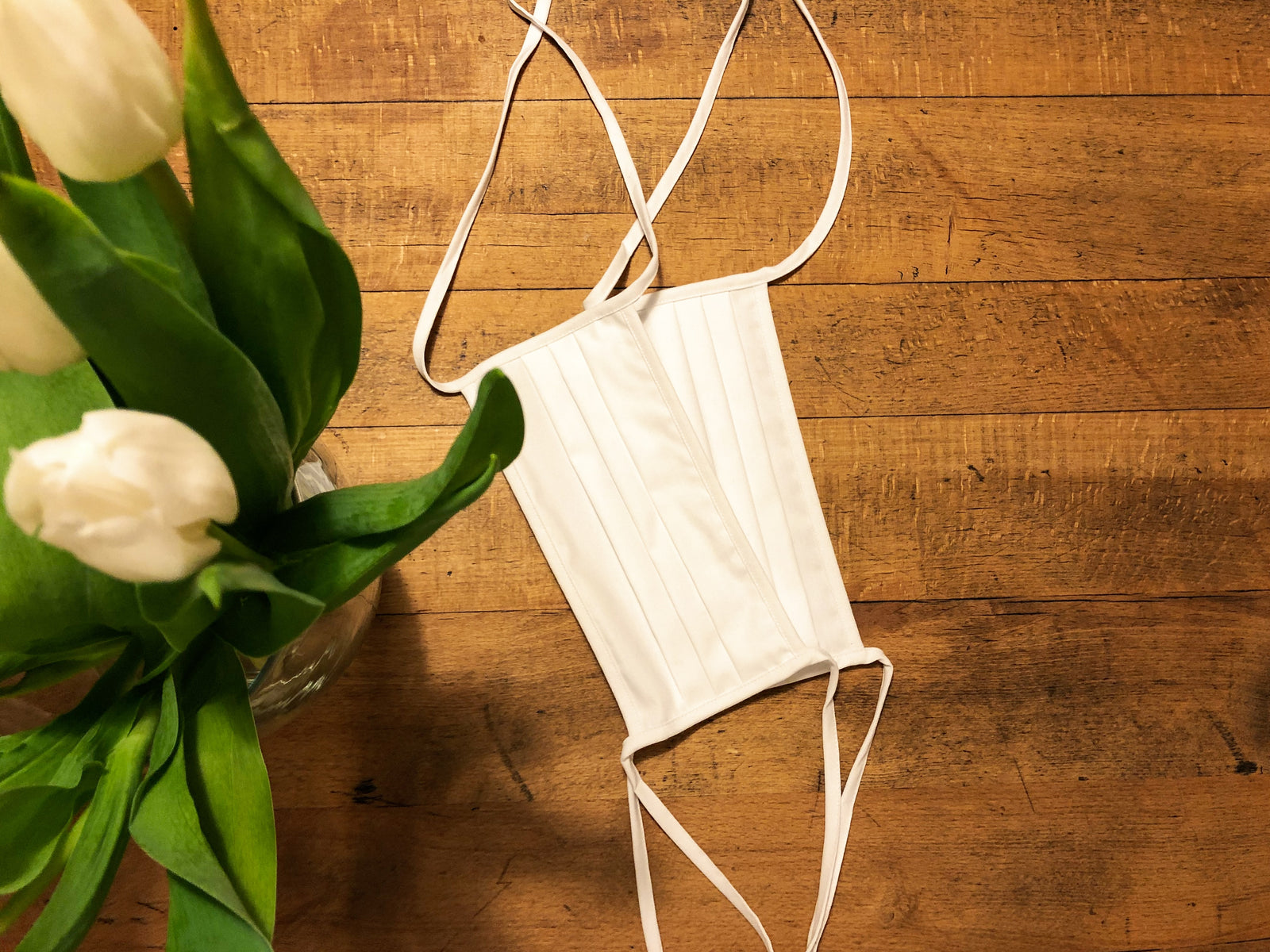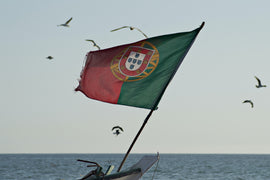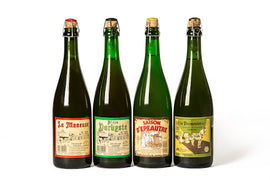This month, as it’s been almost a year since everything started getting really weird, we’re marking the moment and steering into the strange with two winemakers who manage to pry amazing Rose from obscure varietals in unlikely or inhospitable locales. These intrepid vintners are inspiring examples of how to make the most of challenging circumstances: just Keep Calm and Think Pink.
In Hungary, Tamas Dúzsi is known as the “King of Rosé”, with good reason. When he began making wine under his own name in Szekszárd , the small southern region was best known for its spicy reds. Dúzsi recognized the potential of the local red varietal Kékfrankos (also known as Blaufrankisch) to produce excellent and distinctive pink wine, and time has confirmed the wisdom of that intuition. Since 2005, his roses have won 12 gold and 18 silver medals at the annual Mondial du Rosé international wine competition in Cannes. Today, he makes 10 different single varietal Rosés, and Rosé constitutes 400,000 out of the half million bottles he produces each year.
Bodegas Bermejos is located on Lanzarote, the easternmost island in the Canary archipelago. Just 125km off the coast of Africa, and technically part of Spain, Lanzarote looks more like the surface of another planet. (See for yourself here: https://dolanzarote.com/en/bodegas/bodegas-los-bermejos/) Volcanic eruptions that lasted for six years (1730-1736) covered the entire island in lave and black ash 3-5 meters deep, rendering the conditions for viticulture extreme, and the labor required quite arduous. (See below for more detail.) Luckily for us, the result of all this hard work is some of the most delicious and distinctive rosé we’ve come across.
Think Pink!
Carrie Upson
General Manager
2019 Dúzsi Tamás Kékfrankos
Szekszárd, Hungary
Tamas Dúzsi
$15 bottle/$162 case
About the Winemaker: Tamas Dúzsi studied viticulture at the University of Pécs before working at a state owned winery and teaching viticulture at a local high school. He purchased his own estate in Szekszárd in 1994, under the Hungarian “Land Compensation” program which allowed former landholding families to re-acquire land nationalized under communism. Initially consisting of 3.3. Hectares planted to Kekfrankos, today the family run winery encompasses some 40 hectares. They have farmed organically and sustainably for 20 years, and are currently transitioning to biodynamic farming as well.
About the Winemaking: The Kékfrankos vineyards are 45 years old and located on the hill of Sióagárd Lányvár, about 10 km northwest from Székszárd, near the Sió river in south Hungary. One of the plots faces south, the other faces east. The soil is loess and clay with limestone. Grapes were harvested by hand from September 17 to October 5. They were picked and then taken to the winery in small crates. The vinification cellar is directly at the vineyards, meaning the grapes are literally right off the vine and have minimal exposure to transit and damage at the time of vinification. There is no pressing, and after a few hours of skin contact the skins are removed and the juice is transferred to tanks outside for stabilization. Fermentation was spontaneous with native yeasts, conducted in stainless steel tanks. The wine was then aged in stainless steel for a few months before bottling in March.
Tasting Notes: An aromatic nose foregrounded by notes of passion fruit and raspberry. On the mouth, pink grapefruit and tropical fruits like mango and guava are complemented by zesty acids for a linear mineral finish.
Suggested Food Pairing: Suggested Food Pairing: Salmon w/ mango salsa; vegetable skewers; pizza, pasta; Asian salads.
2019 Bermejos Listan Negro Rosado
Lanzarote, Canary Islands, Spain
Ignacio Valdera
$25 bottle / $270 case.
About the Winemaker: Although the winemaking property in Los Bermejos goes back centuries, by the time owner and enologist Ignacio Valdera took over and found the Los Bermejos project in 2001, it was almost defunct. Since then, he has worked meticulously to revitalize the facility and bring worldwide recognition to this utterly unique and beguiling viticultural landscape.
About The Winemaking: The Rosado is made from 100% Listan Negro, the Canary Islands’ most widely planted indigenous red varietal. Because the environmental conditions on the island are so austere, each vine must be planted in a hole or hoyo that breaks through that infertile volcanic crust of petrified lava to the organic matter that can nourish it. The wind, which acts as a natural fungicide, is so ferocious that each hoyo is surrounded by rock walls for protection. The flora on Lanzarote – including the vines – cannot grow up very high; there are not enough nutrients in the soil to support sprawling greenery. Yields are miniscule (16 hL/ha) and each berry is concentrated with flavor. All the grapes must be harvested by hand, and they are transported to the winemaking facility by camel. Made sustainably via direct press.
Tasting Notes: Fine aromas of strawberry, pomegranate, with citrus perfumes. Fleshy on the palate, enveloping, with a sweet initial touch that marries an elegant final bitterness.
Suggested Food Pairing: Salads, carpaccios, goat cheeses, spicy cured ham, olives, fish and shellfish.





